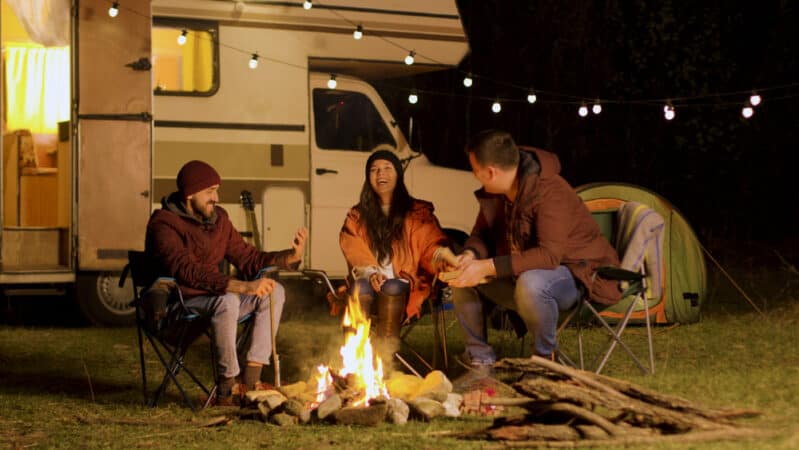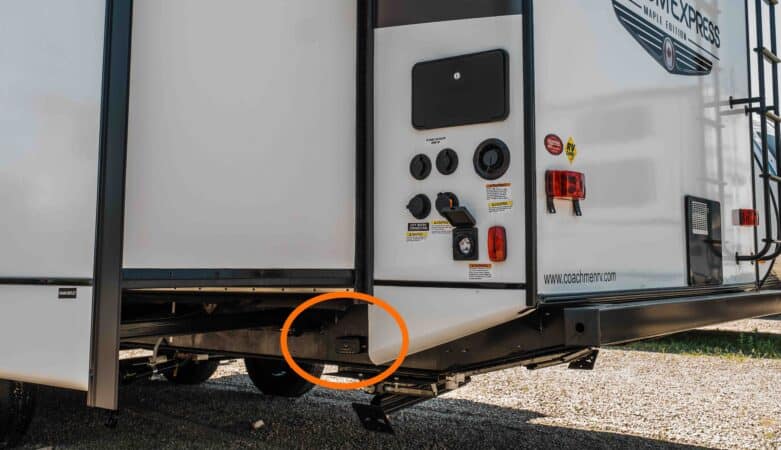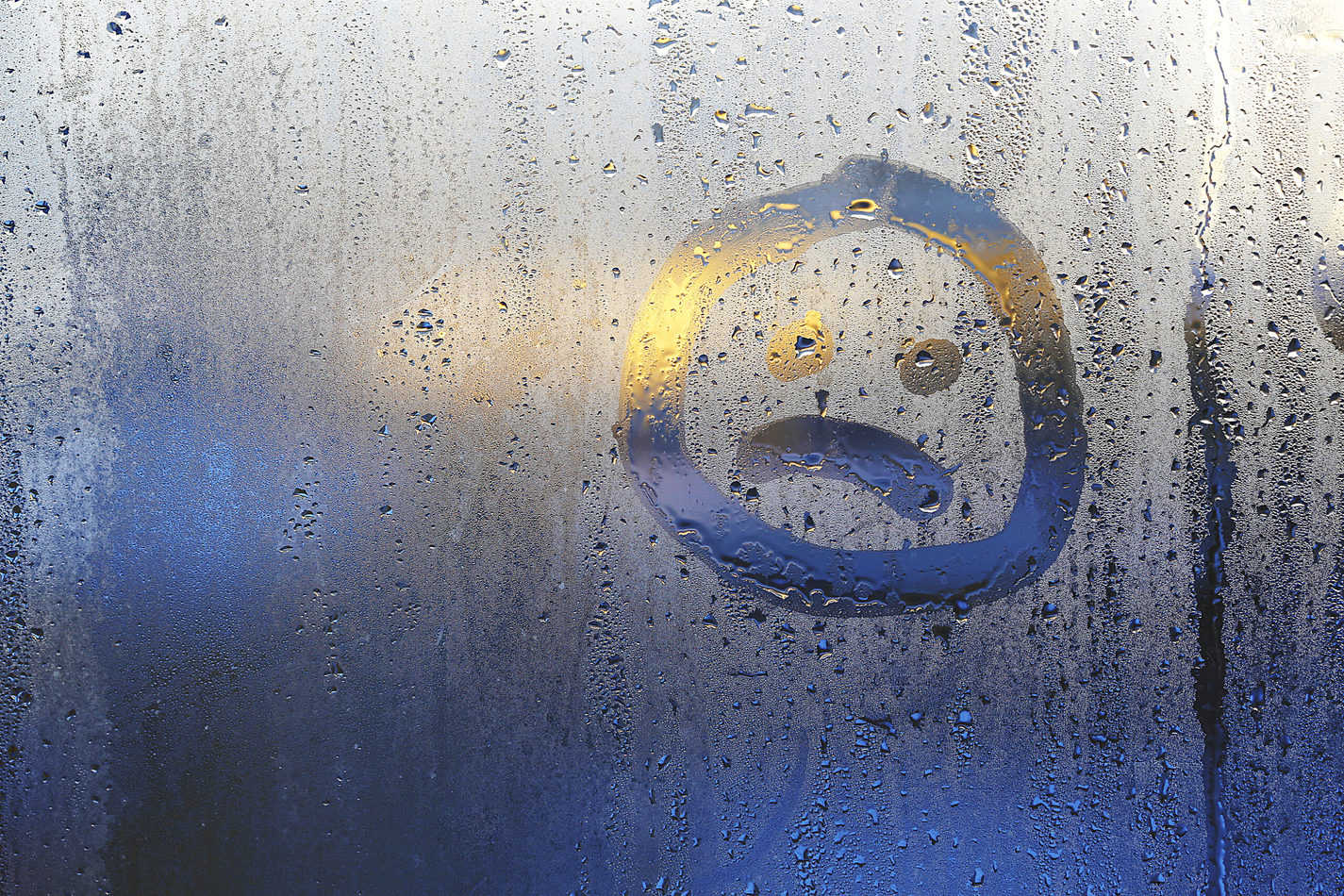5 Safety Basics For Your RV Travel
It’s summertime and RV life is in full swing. We’ve hit the roads and campgrounds across North America to get some time away and some relaxation, after a very challenging year. This year will be busy, with an explosion of new RVers and a huge increase in domestic RV travel. You may very well be on vacation, but you still have to pay attention to some safe RV travel basics. Danger never takes a vacation. With that said, there are many ways that RVers can mitigate danger with some simple steps.
Although there are a multitude of various safety options that you should consider, below we will discuss five basics, as a reminder to those with RV experience and a lesson to those first timers. The areas we will discuss are basic driving safety, fire and carbon monoxide safety, lighting, and GPS use.
Safe RV Travel To and From your Destination
At the beginning of the RV travel season, you should always have a licenced technician inspect your motorhome or trailer to ensure its road worthiness. After the initial inspection, upon each departure you should always conduct a vehicle walk around inspection. Check tire pressure, all fluids, lights/signals and look for any irregularities on the body, frame, windows and mirrors.
If you are a beginner, get familiar with all the functionality of the pilot’s cockpit. It’s recommended that you practice before venturing out too far and wide. Slow down and enjoy your RV travel. There is no rush to get to your destination. We all know that speed is a major contributor to accidents, and you have a lot to think about while driving a motorhome or towing an RV, so give yourself plenty of time to think and react. An added bonus is that you will save fuel at lower speeds.
Also leave a larger gap between your rig and the vehicles ahead of you, compared to what you might provide when driving an automobile. Obviously, given the size and weight of an RV, braking distances might not be what you are used to. If you are renting or a first timer, you may not know the full capability of your breaks, so leave lots of room.
Plan your RV travel route well, with a program like RV LIFE Trip Wizard. If possible, stay away from rough, unpaved, and gravel roads. These types of roads are often narrow or have other hazards like washouts, where you could bottom out. Gravel provides less traction which could challenge control, which on a narrower road could be trouble. Often these roads are more remote, which means that help is further away. Stay alert at all times and use those side mirrors and backup cameras, if so equipped. Remember that small vehicles and motorcycles can be hard to see, so double check all blind spots when lane changing or turning.
Be Safe From Fire and Carbon Monoxide
You need to be just as diligent about fire safety and Carbon Monoxide (CO) safety in your RV, as you are at home. Every RV must have a working smoke and CO alarm inside the cabin. You must replace batteries for your alarms every year and you should test units monthly.
Have a B:C rated fire extinguisher on board. Ensure it is charged or ‘in the green’ on the pressure gauge. Have one in the kitchen area, bedrooms and outside. Only use a fire extinguisher indoors on small flare-ups to get them out quickly. If the fire gets out of control, exit the RV immediately, don’t worry about your belongings and call 911. During summer, it is good to have one outside to protect your site while having campfires.
“Carbon Monoxide is known as ‘The Silent Killer’ because you can’t see it, smell it or taste it and is just as dangerous in an RV as it is in your home,” says John Gignac, Executive Director for the Hawkins-Gignac Foundation for Carbon Monoxide Education (endthesilence.ca).
CO is produced by the incomplete combustion of any fuel. So your propane system, the engine gas, charcoal or even campfire wood are all sources of CO.
“The only way to alert your family if there is CO in your RV is to have a working CO alarm,” Gignac implored.
It is also important to have your propane system inspected by a qualified technician annually. Try not park next to high grass, snowbanks, walls, fences, other RVs or buildings to do your best to allow free movement of airflow around the RV. When stationary, be aware of vehicles parked near you, including golf carts, ATVs, cars, other RVs and your own RV…they all produce CO.
Good Exterior Lighting Has Safety Benefits
When the sun goes down on your day of RV travel and you don’t quite feel like hitting the hay, you want to make sure your site is well illuminated. Having supplementary LED lighting that is battery or solar powered is best, as they are efficient and require less draw from your RV electrical system.
Camp sites can be rocky, slippery, or have other trip hazards such as roots, extension cords and so on. At night, you need to be able to see these things clearly. Utilize good outdoor lighting while you are outside, but don’t over do it in dark-sky areas or when RVs are parked very closely together. Consider your neighbors when considering your lighting, including which lights, if any, you leave on at bedtime.

GPS Tracking Is Not Just for Theft Recovery
RVers are increasingly installing affordable GPS tracking devices on their investments. It is recommended to go with magnetic rechargeable GPS trackers as these ones are flexible to be used on the RV as well as on your other toys such as golf carts, ATVs, boats, your towing vehicle and more. These are not hard wired and do not draw off your electrical system and can be simply placed anywhere on the RV.
From a safety perspective real-time GPS tracking (we like this device) can provide a lot of peace of mind. For example, for those older travelers who may have grown children or loved ones at home, the mobile app can be shared with users so that they know where you are in real-time. In case of emergency, an exact location can be provided very quickly by the driver of the RV or a remote user on the app in that account.

As mentioned, these portable magnetic GPS trackers can be placed into other assets. Given that some camp/RV resorts, forests or trail systems are vast, it can be nice to know where you kids are, on an ATV, boat or golf cart simply by looking at your mobile app. If they get lost, you will know how to find them. Speed thresholds can be set, so parents get instant notifications for overspeed and can monitor how fast kids are driving cars, ATVs or boats and correct the behaviour.
And yes…In the event one of your assets gets stolen, that has a magnetic tracker on it, it can be located instantly in real-time. We recommend you contact law enforcement and let them deal with it, for safety’s sake.
Stay Safe This RV Travel Season
These are just a few tips for staying safe during your RV travel this year. Be sure and try out the RV LIFE GPS & Campgrounds app for RV safe routing too. Stay safe and have fun as you hit the road this vacation season.




Just got back from our first RV venture. We did very well but when I read your article I realized I didn’t put enough emphasis on a few things. I also bought a magnetic GPS.
Thanks for the tips!